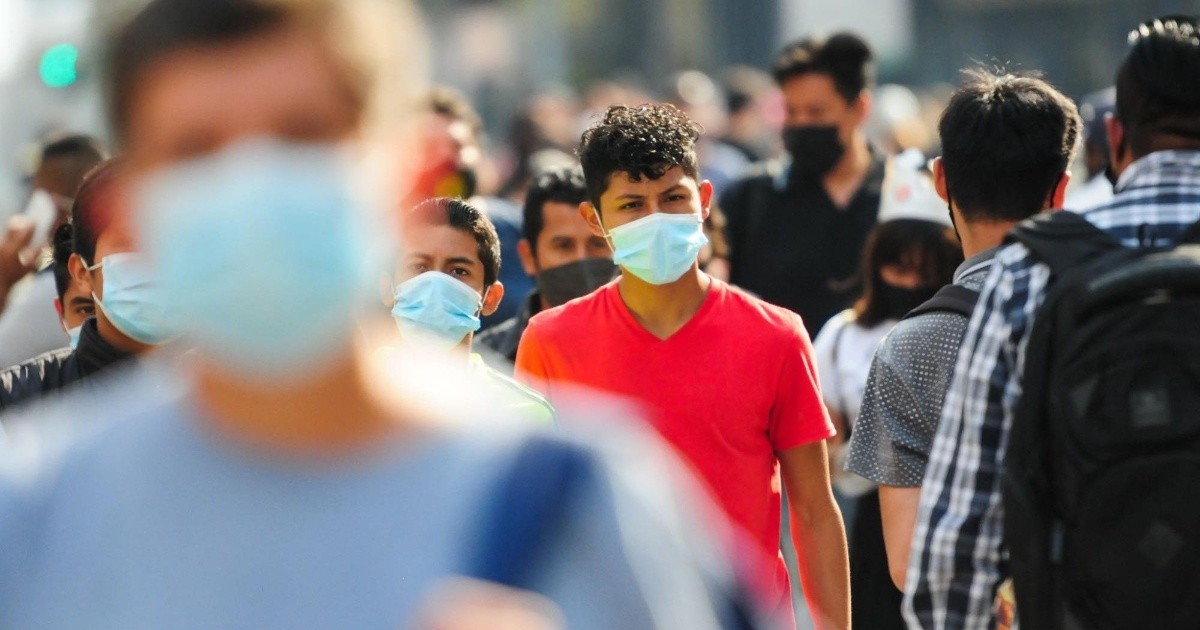In Mexico, the impact of the pandemic Covid-19 led to a crisis in education that can have profound effects on problems such as school abandonment and truncation, the use of time by minors, labor participation, as well as the consequences on the comprehensive health of students, warned the UNDP.
Through his study entitled: “Covid-19 and education in Mexico: first approximations of a sharpened inequality”the United Nations Development Program (UNDP) in Mexico warned that if the educational impacts caused by Covid-19 are not addressed, they may have a more lasting effect on the human development of people, affecting equal opportunities, the autonomy of affected children and adolescents, and even the sustainable development of Mexico.
It is estimated that the closure of schools for 60 days implies a reduction of around 24 points in the average results of the National Plan for Learning Assessments (PLANEA), which, with the pandemic, would translate into a decrease of 2.5 percentage points in high school graduation rate, and three percentage points in high school graduation for the generation affected by school closures while I was in 6th grade.
This is how what is documented by the UNDP underlines that the educational crisis due to the pandemic, and whose effects will continue to manifest themselves in the long term, affected men more, who are associated with a greater probability of dropping out or truncating school in Mexico than starting from elementary school.
In particular, it was identified that in high school men were almost twice as likely as women to drop out or truncate their studies. On the other hand, the data from the study show that being in a transition period between educational levels also increased the chances of students to pause or abandon their studies.
According to the results, being between 12 and 14 years old, 15 and 17, as well as 18 to 22 increases the probability of abandonment or truncation by 6, 8 and 16 percentage points, respectively.
lower wages in the future
A deterioration in the relationship between the educational system and the labor market was identified as a result of Covid-19, so that, at least in the short term, formal education became less profitable. The analysis found that the pandemic deepened the drop in educational returns, which decreased at all educational levels and according to the results, the benefits of one more year of education for a person with complete primary education disappeared in the course of four years. (2016-2020).
Returns to education measure the increase in people’s labor income, attributable to one more year of schooling, which makes it possible to quantify how profitable it is for an individual to study an additional year in terms of labor income. Due to the above, the benefit associated with one more year of education is 15.0% lower for women than for men, which may also have an impact in terms of economic participation.
In salary matters, it has been calculated that the closure of schools implies losses in the future income of the affected people, and in the case of Mexico it is calculated that the salary losses produced by the effects on education will range between 8% and 15.8%. future income of the population currently between the ages of six and 18.
The study also examines the results of labor participation and the pandemic, concluding that it reduced the probability of employment in young people and adolescents, particularly in rural localities, municipalities with a medium and low HDI and in women, with decreases of 3.1, 2.8 and 2.7 percentage points respectively.
Technology and more hours for education
Likewise, access to technology was decisive in school permanence, which accounts for the need to invest in infrastructure and equipment in schools, in order to provide access and technological capabilities to girls, boys and adolescents, and prevent abandonment. school in times of crisis.
On the other hand, the results of the analysis showed that being enrolled in a private school and having greater access to technological resources entails a greater number of hours dedicated to school activities. While significant differences were observed between men and women in terms of hours dedicated to paid work and participation in domestic work.
In general terms, for the population aged 12 to 22 as a whole, the pandemic brought a significant increase of 11.1 percentage points in the probability of participating in housework, as well as an increase of almost one hour in the time assigned to such tasks. chores
When analyzing the effects of the pandemic on the comprehensive health of children and adolescents, increases in overweight and obesity were revealed due to changes in eating habits and physical activity; effects on your mental health; increases in domestic violence and in the ability to socialize.
Given these circumstances, it was found, in general, an insufficient preparation of the teachers to accompany these effects on mental health.








